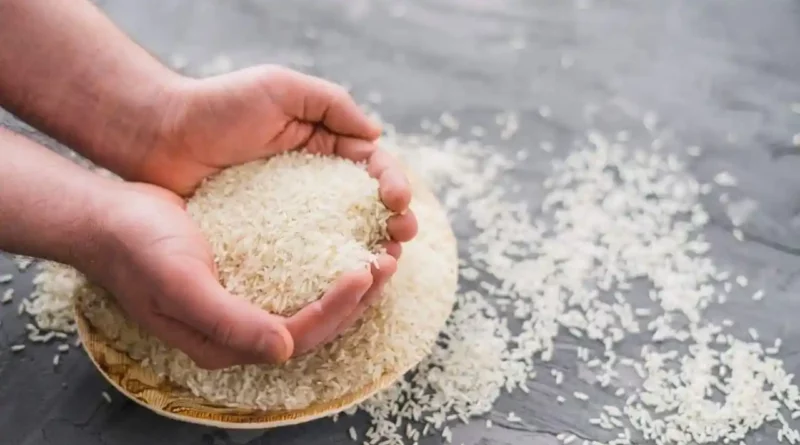India to supply 11,000 tonne to Guinea-Bissau, Djibouti, Tanzania
By Pooja Das
Despite existing export restrictions, India will send 110,000 tonne of rice to three African nations–Guinea-Bissau, Djibouti, and Tanzania–on humanitarian grounds, two senior officials aware of the development told Mint.
India had imposed ban on the export of certain rice varieties, including a curb on broken rice in September 2022 and on non-basmati white rice in July 2023, to ensure the country’s food security and control domestic prices.
Since the ban, the Indian government has been supplying rice to its diplomatic partner countries and needy nations on a case-by-case basis.
“While Guinea-Bissau and Djibouti will get 50,000 tonnes of broken rice each, Tanzania will be sent about 30,000 tonnes of non-basmati white rice,” one of the officials said. The decision has been taken following a recommendation from the external affairs ministry.
“The export will be done through National Cooperative Exports Ltd, a government export body that was set up under the Multi-State Cooperative Societies (MSCS) Act, 2002 to export agriculture produce and allied items,” the official added.
The government had earlier approved exports of limited quantities of non-basmati white rice and broken rice to a dozen Asian and African nations, including Nepal, Malaysia, the Philippines, Bhutan, Mauritius, Singapore and the UAE in humanitarian efforts.
Several African nations are heavily dependent on rice imports from India. Togo imported a substantial 88% of its rice from India last year. Benin, the largest global importer of Indian broken rice, procured 61%, while almost half of Senegal’s imports of the grain originated from India.
Before the export restrictions in 2021, three African countries – Benin, Senegal, and Côte d’Ivoire – were among the top 10 markets for Indian rice.
In response to domestic inflationary pressures, India halted non-basmati white rice exports in July, followed by the introduction of a minimum sale price for basmati rice and then a 20% tariff on parboiled rice. The ban on broken rice exports in September of the previous year hurt African countries that rely on India to meet domestic demand because of India’s competitive price offerings.
Prime Minister Narendra Modi, in his Independence Day speech, pledged to curb inflation as he readies for the upcoming general elections. The International Monetary Fund (IMF) also encouraged India to lift its rice export bans due to their global inflationary impact.
However, the Indian government said these measures were necessary to ensure adequate domestic supply and reduce local prices.
While India’s food inflation moderated, rice is the only product in the cereal basket that continued to weigh on the consumer price index.
In January, food inflation, comprising nearly half of the overall consumer price basket, was 8.30%, down from 9.53% in December 2023. However, rice inflation was 13% in January against 12.3% in December and 10.4% in January 2023, according to economists.
Queries sent to the consumer affairs, food and public distribution department and Tanzania, Guinea-Bissau and Djibouti embassies in New Delhi remained unanswered at press time.
Experts suggest India should consider a policy mix instead of an outright ban on rice that can disrupt the global market as well as hurt India’s position in global trade.
The export ban led to turmoil in the global rice market and hurt India’s competitiveness in the world market that was built over the decades, Ashok Gulati, professor at the Indian Council for Research on International Economic Relations, said, adding this is not in line with the spirit of G20 proposals.
This article has been republished from The Livemint.

